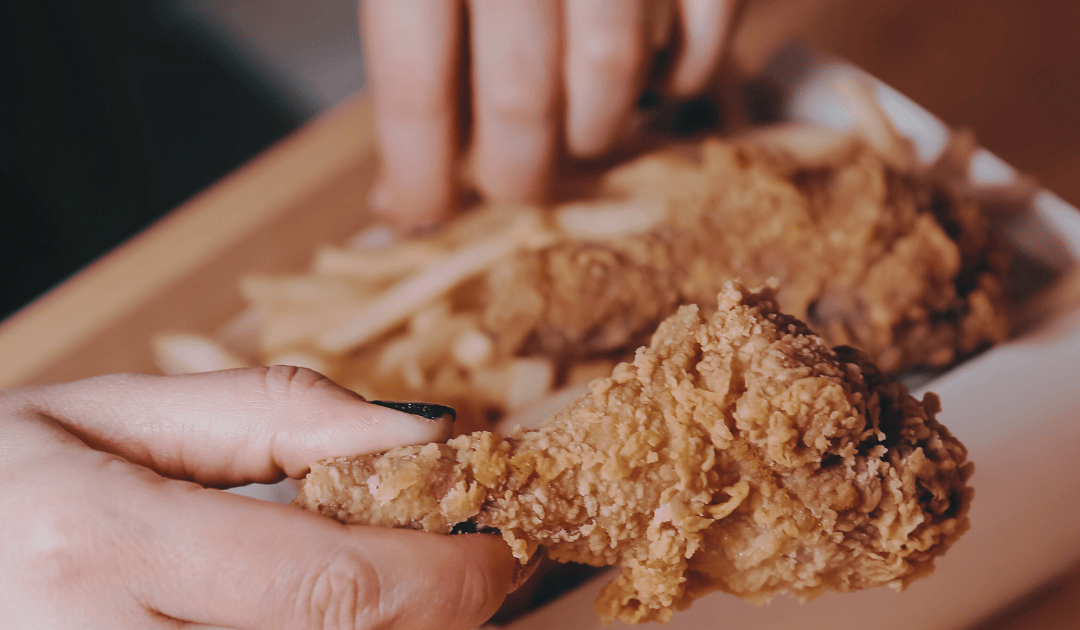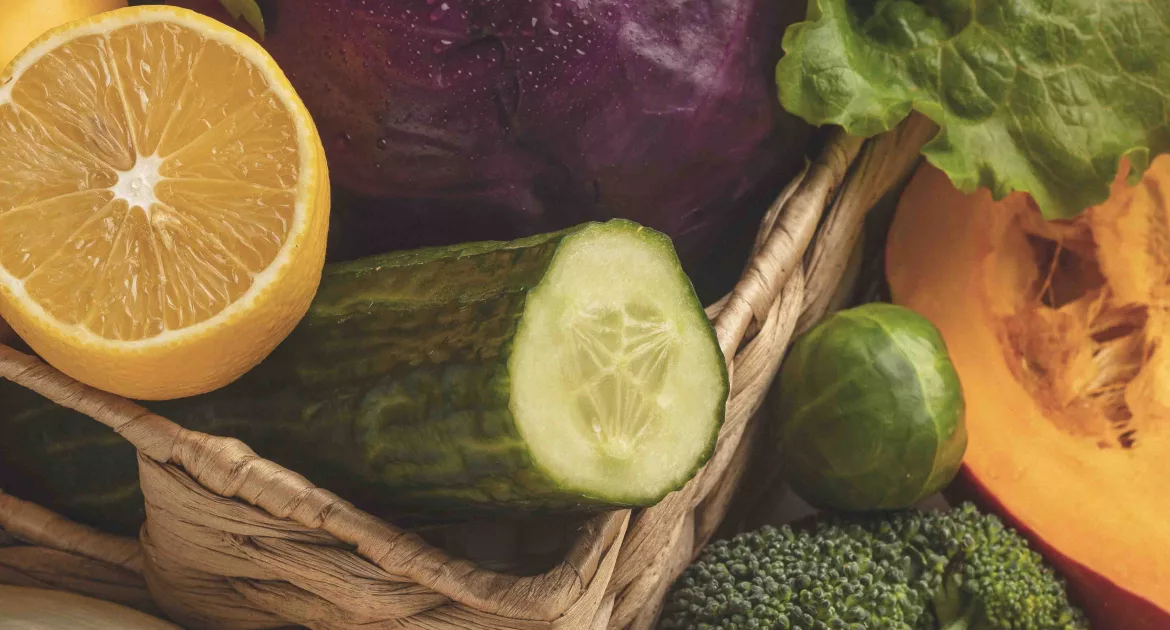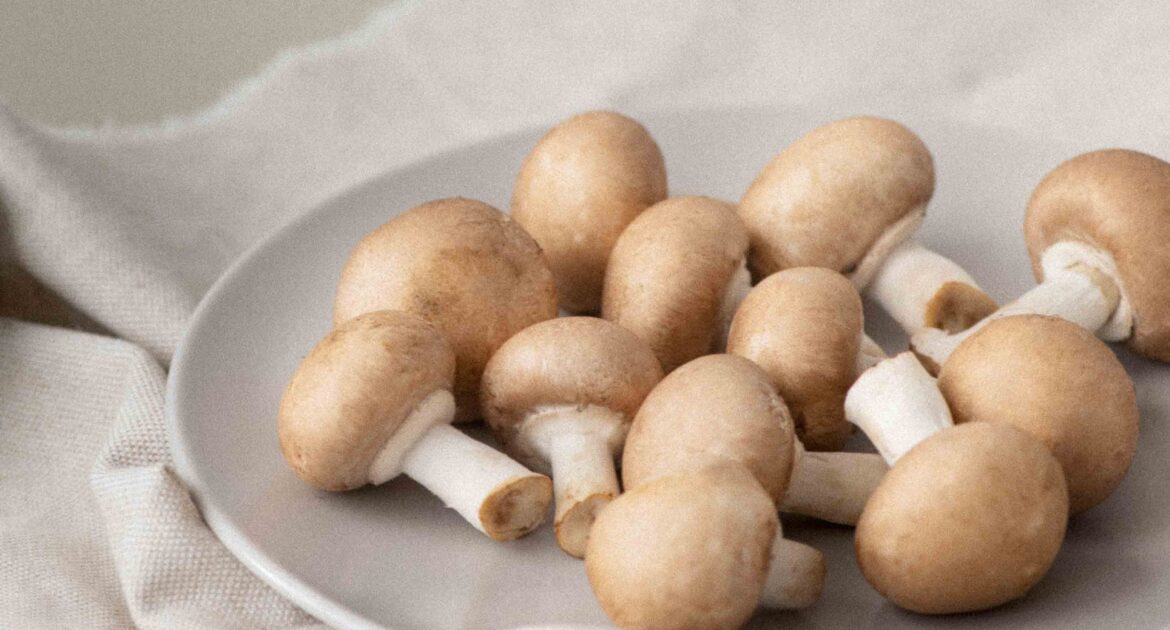Think of your body like your dream car. You wouldn’t risk ruining it with cheap fuel, right? Well, loading up on junk food and sugary treats is kind of like doing just that. These choices can lead to health problems down the road, like heart issues or diabetes. But here’s the good news: by choosing more fruits, veggies, lean proteins, and whole grains, we’re giving our bodies the top-notch fuel they deserve. And that’s why there’s some serious truth to the whole “you are what you eat” thing.
1. How Food Fuels Our Body’s Repair Process
Every cell in our body continually replaces and repairs itself, from our skin and hair to our muscles and bones. The food we consume provides the raw materials for these processes. Our diet breaks down proteins into amino acids, which then build and repair tissues. Likewise, the fats and carbohydrates we eat turn into the energy that powers all our body’s functions.
2. Eat for a Sharper Mind: The Link Between Diet and Cognitive Function
It’s not just our bodies that benefit from a balanced diet; our brains do too. Omega-3 fatty acids, found in foods like salmon and walnuts, are essential for cognitive health and memory. On the other hand, excessive sugar intake can impair our cognitive functions and mood. It’s no surprise that after a sugar binge, we often feel sluggish and foggy-headed.
3. Gut Health and Mental Well-Being: How Food Affects Your Mood
Our digestive system plays a surprisingly significant role in our overall mood and well-being. Foods rich in probiotics and fibre don’t just aid digestion; they also promote a healthy balance in our gut, which can positively impact our mood.
4. Diet and Chronic Disease: What You Eat Matters
Many chronic diseases, including heart disease, diabetes, and certain cancers, have been linked to dietary habits. Consuming excessive saturated and trans fats, for instance, can lead to high cholesterol and heart disease. Conversely, a diet abundant in fruits, vegetables, whole grains, and lean proteins can act as a shield against these ailments.
5. Food as Culture: The Social and Emotional Dimensions of Eating
Food doesn’t just impact your physical health; it also weaves into your cultural identity, traditions, and memories. It reflects your origins, your beliefs, and your values. Whether you’re savouring a family recipe passed down through generations or trying a new dish on vacation, you’re adding a chapter to your own unique food story.

In essence, our dietary choices shape us in more ways than we often realise. They determine our physical health, influence our mental state, and even connect us to our heritage and memories. So, next time you’re deciding between fries or salad, remember it’s not just about the calories; it’s about the story you’re telling. After all, we truly are what we eat.







